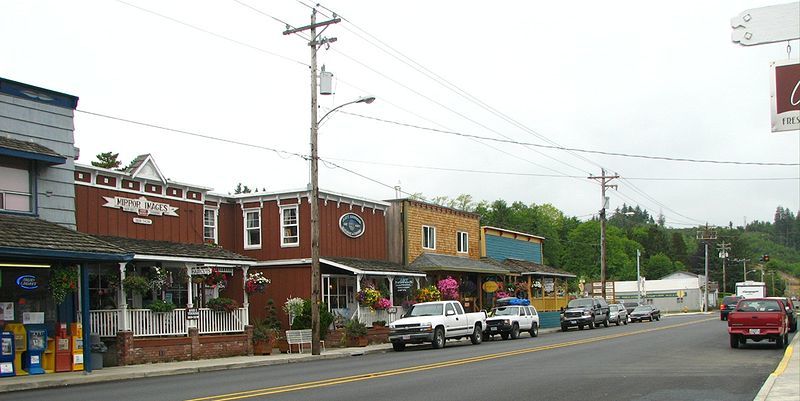
Nehalem, Oregon
Earlier this year The Guardian published a story on Micah White, co-founder of Occupy Wall Street, and his decision to move to Nehalem, Oregon, a town of 278 people, in 2012. After a few years of living in this “most beautiful place even been,” White ran for mayor. Despite losing, having come up against political opposition and skepticism as an outsider, White has inspired a surge of political awareness and participation in the town’s local politics. To what extent was Occupy’s (debatable) failure due to the question, the political problem of scale? Is the countryside where radical politics can find a political foothold?
White released his announcement to run in an open letter he sent to every registered voter in town. He wrote, “I’m concerned because the majority of our city council – four out of five – were not elected by voters: they were appointed to their current positions by decree.” He continued by pleading for more power to the residents: “Sadly, the undemocratic process of appointments has fostered a city council culture that is unresponsive, unimaginative and unprepared for navigating our city into the future.”
In the same letter, White also called for the first meeting of the Nehalem People’s Association, a neighborhood organization whose meetings would provide an open platform for residents to discuss local issues. More than 60 people showed up at the first meeting at the local community centre, which amounts to 20% of Nehalem’s total population.
“Imagine that in New York,” White said. “That would be the equivalent of 1 million people.” For White, Nehalem can be seen as a microcosm of America: no matter how small the town is, it has its own portion of income inequality and political strife. This means that if a new form of democracy can be created in Nehalem, it could be possible in every other city in America.